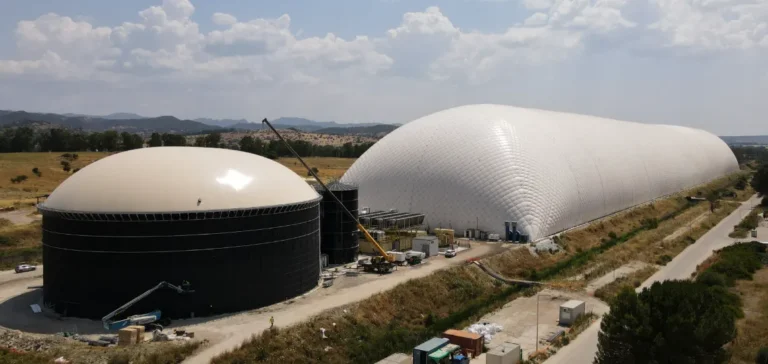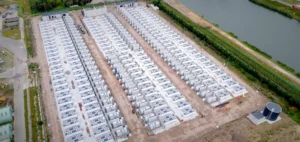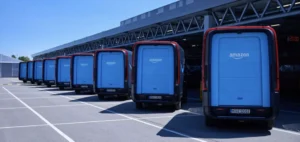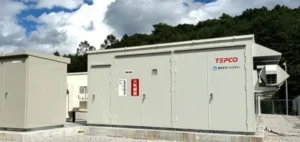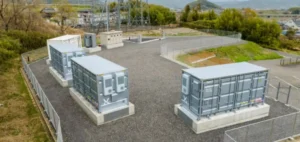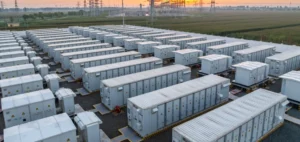Italian company Energy Dome has announced a global commercial agreement with Google for the implementation of its long-duration CO₂-based energy storage system, branded as the CO₂ Battery. This partnership aims to address the growing need for stable electricity among major consumers, including data centres, by supporting Google’s operations with reliable and uninterrupted energy supply.
Targeted global rollout
The partnership includes the development of projects across several key geographic regions, including Europe, the Americas, and the Asia-Pacific area. A series of sites and facilities are already under development and contractual negotiation. The initiative supports Google’s pathway to 24/7 carbon-free energy operations by 2030.
Features of the CO₂ Battery technology
The technology developed by Energy Dome is based on a thermodynamic energy storage system using CO₂ in a closed loop. Capable of delivering electricity for periods ranging from eight to twenty-four hours, the CO₂ system meets both baseload and flexibility needs of the grid. It relies on standard industrial equipment, avoiding supply chain constraints and enabling large-scale deployment.
Grid stabilisation and response to intermittency
One of the system’s advantages lies in its ability to provide natural mechanical inertia through rotating components. This helps stabilise electricity networks, especially amid the large-scale rollout of intermittent renewable energy and the progressive retirement of conventional thermal power plants. The CO₂ system thus acts as a buffer against sudden frequency fluctuations.
Strategic investment by Google
Beyond the commercial scope, Google has made a strategic investment in Energy Dome, which is entering an industrial deployment phase. Several projects have already been contracted, including with Alliant Energy in the United States, Engie in Italy, and NTPC in India.
Claudio Spadacini, Founder and Chief Executive Officer of Energy Dome, stated that this agreement demonstrates that a continuous, cost-effective, and carbon-free power supply is technically achievable at scale.


